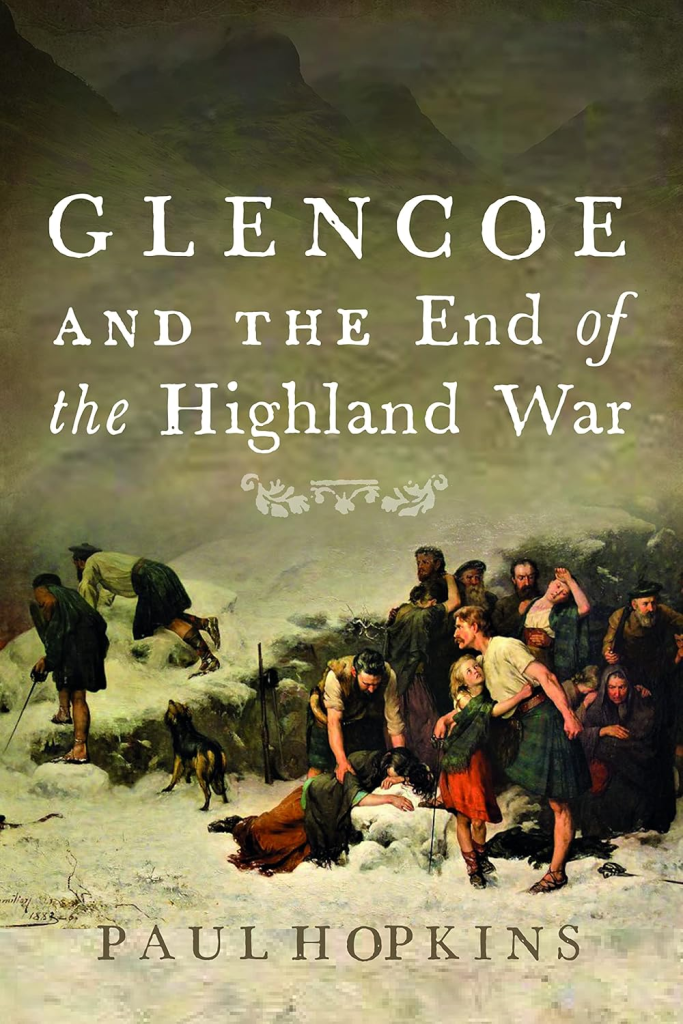
Glencoe and the End of the Highland War by Paul Hopkins, a recognized expert on early Jacobitism, provides a comprehensive context for the Massacre of Glencoe.
The book explores the underlying tensions in the Highlands during the period between the Restoration in 1660 and the conclusion of the Revolution of 1688/89, as well as the impact of national political dynamics on the region.
The impact of national politics on the Highlands is examined and Hopkins provides a detailed narrative of the Highland War of 1689-92, highlighting the strategic elements and governmental shortcomings that extended its duration. He also discusses the support from international Jacobite movements that motivated the clans to persist. Furthermore, he illustrates Breadalbane’s efforts to negotiate a peace settlement, King William’s apathy, and Dalrymple’s vengeful actions.
In addition to addressing a gap in the understanding of the Highlands in the years following the Massacre, the book reshapes the view of lowland politics by revealing that the inquiry into the Massacre was an element of a covert patriotic initiative aimed at dismantling the political dominance of the aristocracy and enhancing the authority of the Scottish parliament.
